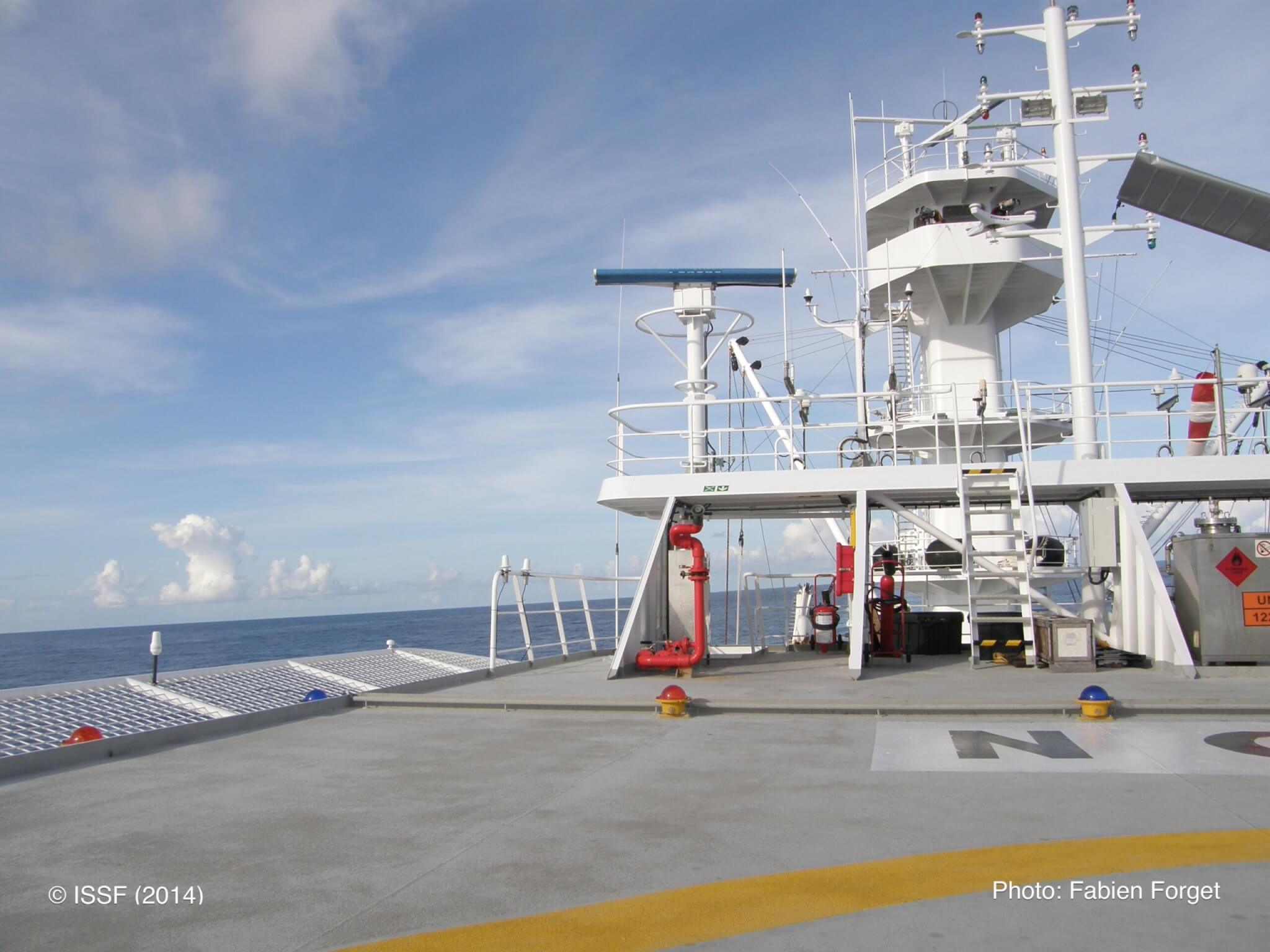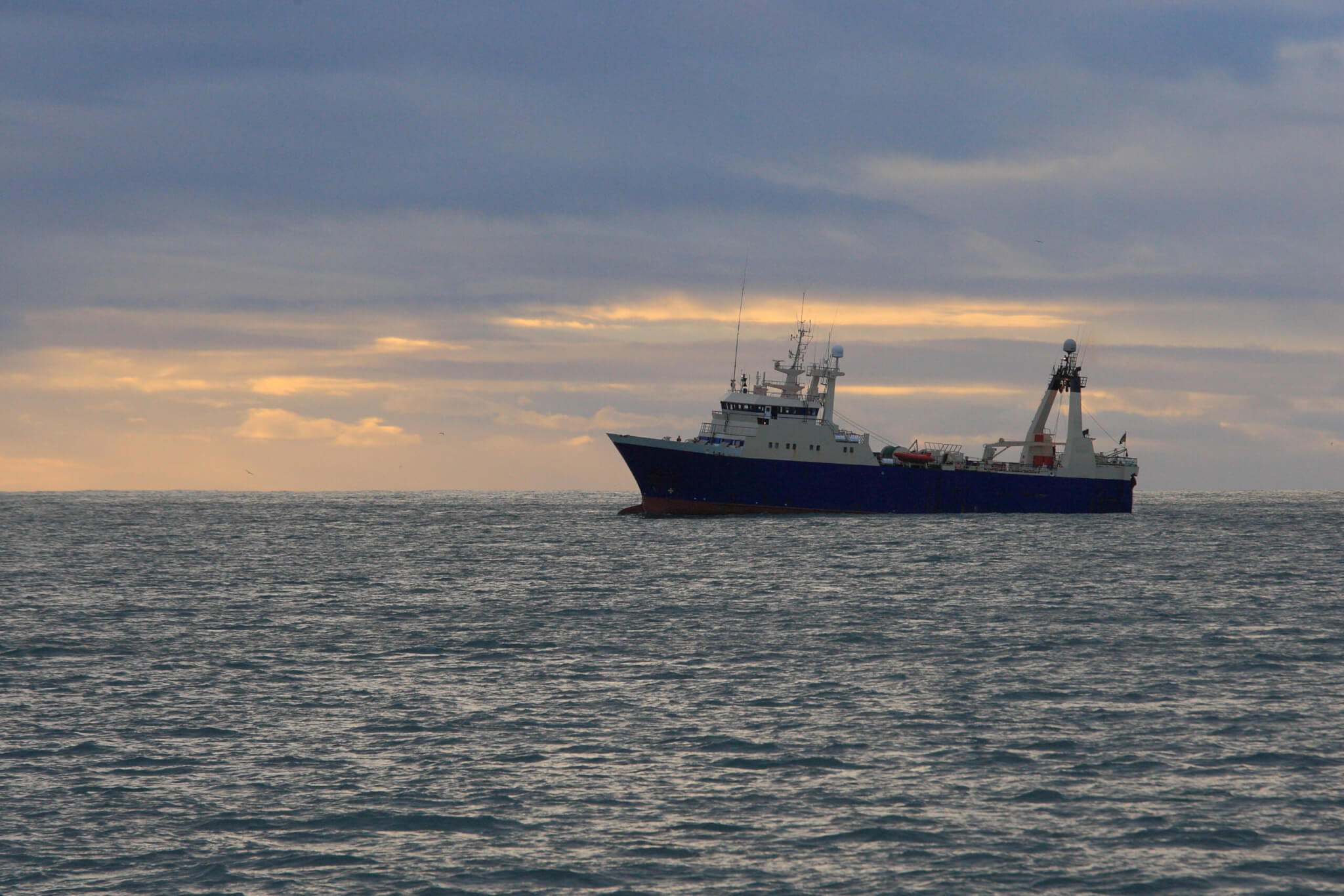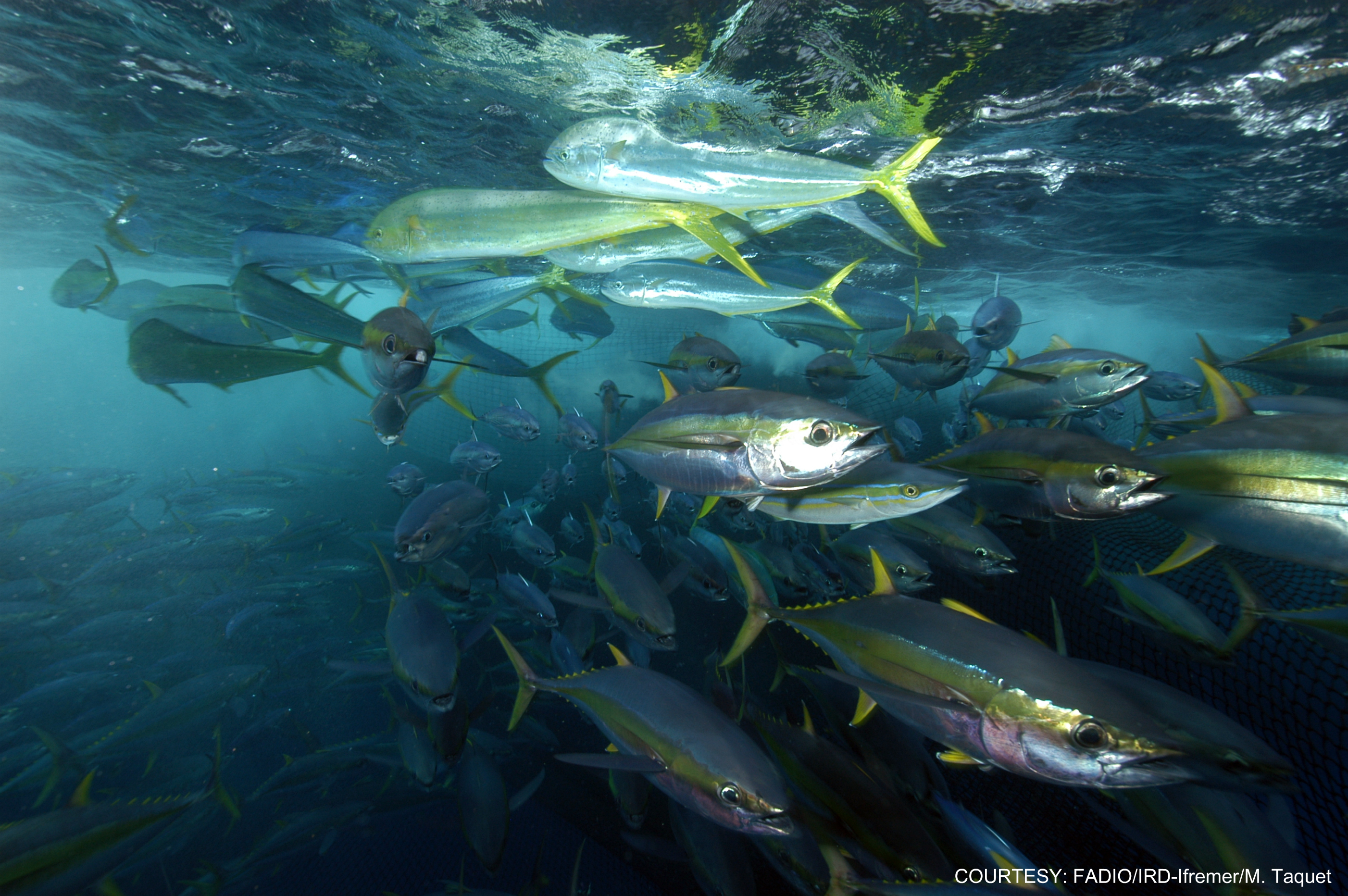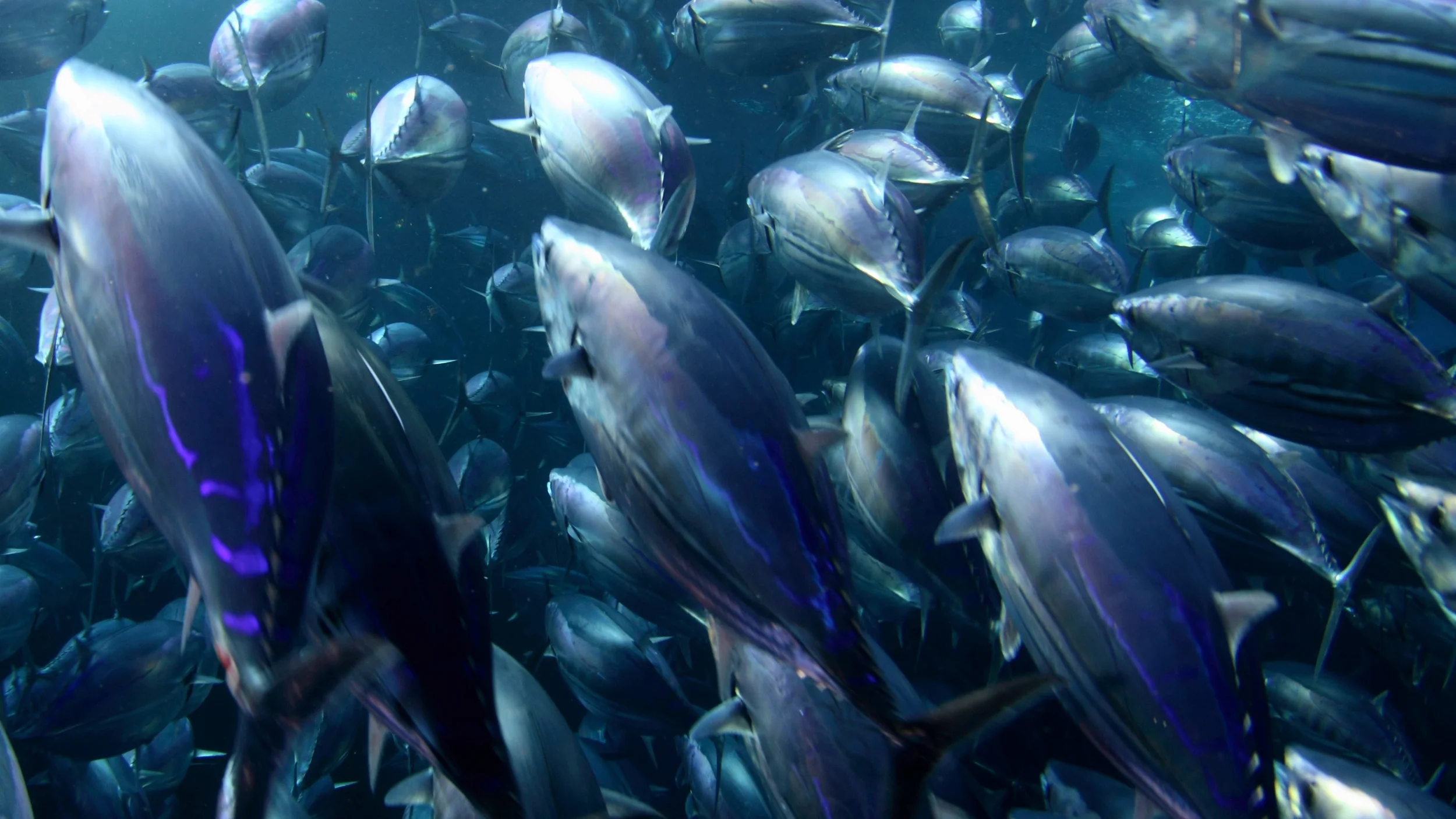
Securing the Pacific’s Tuna Future: ISSF Priorities for WCPFC Action on FADs and Transshipment
When the Western and Central Pacific Fisheries Commission (WCPFC) meets this December, it will have a vital opportunity to strengthen the management of the world’s most productive tuna fisheries — those that sustain global markets, coastal communities, and marine ecosystems alike. The Western and Central Pacific Ocean (WCPO) accounts for more than half of global tuna catches, making the Commission’s decisions critical to the long-term sustainability of tuna stocks and to the health of the ocean systems that support them.
The International Seafood Sustainability Foundation (ISSF) is calling on WCPFC members to take decisive action in two areas where improved rules can deliver meaningful results: managing fish aggregating devices (FAD) and strengthening at-sea transshipment regulation and port State controls. Progress in these areas will reduce ecosystem impacts, enhance data collection and the monitoring and tracking of FADs, and help deter illegal fishing activities.
Advancing Science-Based FAD Management
FADs — floating objects that attract tuna and make fishing more efficient — play an important role in tropical tuna purse-seine fisheries. Yet when lost, abandoned, or poorly tracked, these devices can harm marine habitats, create marine litter, and complicate accurate assessments of fishing effort.
The WCPFC has taken important first steps by prohibiting the use of entangling materials in FADs, and several initiatives to recover FADs have begun in the WCPO. Yet compared with other tuna RFMOs, the Commission is falling behind in advancing more comprehensive FAD management reforms. Much more is needed: WCPFC must adopt a more robust, science-based framework to ensure effective FAD management and maintain parity with global best practices.
ISSF recommends that WCPFC adopt a package of measures that includes:
- Establishing a timeline to transition to 100 percent biodegradable FADs, consistent with timelines set by other tuna Regional Fisheries Management Organizations (RFMOs)
- Creating a FAD register
- Requiring near-real-time transmission of FAD position and acoustic biomass data (with a maximum time lag of 90 days) to improve scientific analysis
- Adopting a marking scheme for both FAD buoys and structures
- Setting rules for FAD ownership and buoy activation and deactivation
These actions would equip scientists and managers with the information needed to set science-based management measures, develop and assess FAD recovery programs, and reduce ecosystem impacts and marine debris. By adopting this comprehensive approach, the Commission would bring its management framework up to pace with its peers — strengthening its stewardship of the region’s tuna resources and reinforcing its commitment to responsible, science-driven fisheries governance.
Closing Loopholes: Strengthening Transshipment and Enhancing Port State Controls
The transfer of catch between vessels at sea, known as transshipment, can improve operational efficiency and reduce costs. However, if poorly regulated it also provides an avenue for illegal, unreported, and unregulated (IUU) fish to enter the supply chain, undermining hard-won gains in sustainable management and global and regional efforts to combat IUU.
WCPFC’s current at-sea transshipment measure has not kept pace with evolved international standards. ISSF recommends that WCPFC modernize this measure to implement the FAO Voluntary Guidelines for Transshipment by:
- Requiring advance notification at least 48 hours before any transshipment, with details on time, location, and quantities on board before transshipment
- Mandating the use of Automatic Identification Systems (AIS) as a complement to Vessel Monitoring System (VMS) along with more frequent VMS reporting, and prohibiting transshipments during VMS failures
- Preventing vessels from acting as both donor and receiving vessels
At the same time, WCPFC must strengthen its measure for port State measures to align fully with the FAO Agreement on Port State Measures (PSMA) — the global achievement for combatting IUU fishing activities. Revisions to this measure should include:
- Requiring advance notice of port entry
- Setting minimum levels of inspection
- Establishing clear criteria for denial of port entry or use
Effective port controls and robust oversight of at-sea transshipment are fundamental to combatting IUU fishing activities, as well as improving data collection and monitoring both at sea and in port. These revisions would close existing monitoring gaps and bring WCPFC into alignment with global best practices.
A Call to Leadership
The Western and Central Pacific region has achieved notable progress in sustainable tuna management — from maintaining healthy stocks to adopting harvest strategies for key species. Continued success calls for action to comprehensively address the management and tracking of FADs and stronger regulation and monitoring of fishing activities that can be a conduit for IUU.
ISSF stands ready to support the Commission and its members in tackling these issues with science-based guidance, technical resources, collaborative partnerships, and a shared commitment to ensuring that the Pacific’s tuna fisheries remain healthy and well-managed for generations to come.
Holly Koehler is the ISSF Vice President of Policy & Outreach and Kerrie Robertson is the ISSF Policy & Outreach Consultant.


